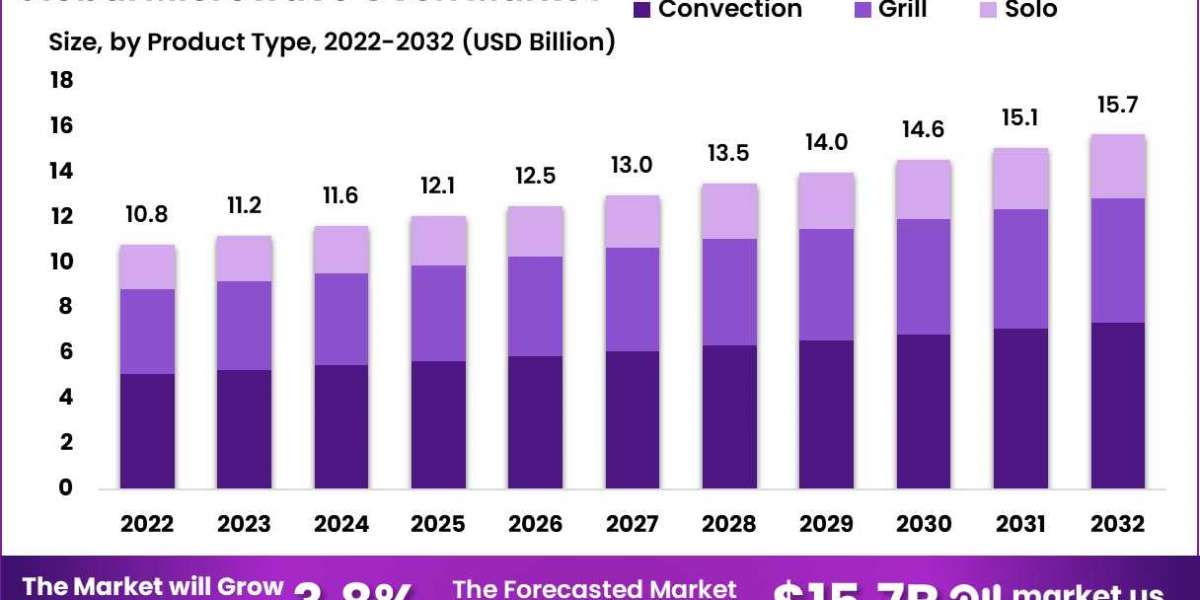What are Smart Buildings?
Smart buildings are more than just structures; they are advanced, interconnected environments that integrate cutting-edge technologies like the Internet of Things (IoT), artificial intelligence (AI), machine learning (ML), and energy management systems (EMS). These technologies are designed to automate processes such as heating, cooling, lighting, and security, resulting in enhanced energy efficiency and reduced environmental impact. Smart buildings not only improve the comfort and safety of their occupants but also optimize the overall operational costs for owners and tenants.
The Rise of Smart Building Technologies
The integration of technologies such as IoT, AI, and Building Automation Systems (BAS) is at the heart of the smart building revolution. By using sensors, controllers, and connected devices, these technologies allow building systems to communicate and operate seamlessly. For instance, smart lighting systems automatically adjust based on the time of day or occupancy, while HVAC systems can regulate temperatures for maximum efficiency.
Some of the most commonly used technologies in smart buildings include:
- IoT (Internet of Things): Connecting devices and systems in buildings for real-time monitoring and control.
- Building Automation Systems (BAS): Centralized control of a building’s HVAC, lighting, security, and other systems.
- Energy Management Systems (EMS): Tools for monitoring and reducing energy consumption, crucial for reducing operational costs and improving sustainability.
- AI and ML: These technologies help optimize building performance by predicting usage patterns and making real-time adjustments.
- Building Information Modelling (BIM): A digital representation of the building’s structure, useful for efficient management throughout the building’s lifecycle.
Key Drivers of Market Growth
Several key factors are contributing to the rapid growth of the smart building market.
Technological Advancements: Innovations in cloud computing, edge computing, and artificial intelligence have made it easier and more cost-effective to deploy smart building technologies. These advancements also improve the reliability and efficiency of smart systems, making them more attractive to building owners and developers.
Government Initiatives: Many governments worldwide are focusing on sustainability and energy efficiency, providing incentives for smart building solutions. For example, the U.S. Department of Energy has launched programs to support energy-efficient retrofits of commercial buildings, providing a boost to the market.
Increasing Adoption of IoT: The growing trend of IoT devices in buildings is a significant market driver. IoT-enabled devices, from smart thermostats to intelligent lighting systems, are being adopted widely for their ability to reduce energy consumption and provide greater control over building operations.
Focus on Sustainability: With growing concerns about climate change and environmental impact, there is a rising demand for buildings that minimize energy use and reduce carbon emissions. Smart buildings incorporate energy-efficient technologies such as solar panels, LED lighting, and green HVAC systems to meet sustainability goals.
The Growing Need for Smart Cities: As urbanization continues, there is a significant shift toward smart city projects. These projects aim to integrate smart technologies into urban infrastructure to improve public services and quality of life. Smart buildings are essential components of these smart cities, contributing to efficient energy use, enhanced safety, and improved urban planning.
Industry Segmentation
The smart building market can be segmented in various ways, each offering valuable insights into the drivers and trends within the sector.
Market by Component
- Building Infrastructure Management Solutions: This segment includes technologies that manage critical infrastructure such as water, waste, and parking systems.
- Energy Management Solutions: Energy consumption monitoring and optimization tools are vital for reducing operational costs and achieving sustainability goals.
- Workforce Management Solutions: Technologies that streamline building maintenance, cleaning, and other operational tasks.
- Network Management Solutions: These tools are essential for ensuring connectivity and security within smart buildings.
- Services: Services related to the design, installation, and maintenance of smart building systems are a growing part of the market.
Market by Building Type
- Commercial: Commercial buildings hold the largest share of the smart building market. The demand for energy-efficient solutions and improved occupant comfort is driving smart technology adoption in offices, retail spaces, and other commercial properties.
- Residential: As awareness of smart home technologies rises, the residential sector is expected to experience significant growth. Consumers are increasingly adopting smart devices for home security, lighting, HVAC, and energy management.
- Industrial: The industrial sector is embracing smart building solutions for operational efficiency, security, and energy savings.
Market by Region
The global smart building market is spread across various regions, with North America, Europe, and Asia Pacific leading the way.
- North America: The United States is home to some of the most advanced smart buildings in the world, such as the Duke Energy Centre and the U.S. Green Building Council Headquarters. With a high adoption of IoT and a robust regulatory framework promoting sustainability, North America dominates the global smart building market.
- Europe: Europe’s smart building market is growing due to regulatory pressures and the increasing need for energy-efficient buildings. Countries like Germany, the UK, and France are leading the charge in adopting smart technologies.
- Asia Pacific: The Asia Pacific region is experiencing rapid urbanization and a rise in smart city initiatives. Countries like China, India, and South Korea are integrating smart building technologies into their infrastructure development plans.
Notable Trends and Developments
The smart building market is evolving with new innovations and strategic partnerships that are accelerating growth.
- Energy Efficiency Focus: Increasingly, buildings are being equipped with energy management systems that reduce energy consumption. For example, IoT-enabled lighting systems adjust brightness based on natural light, reducing the need for artificial lighting and saving energy.
- Smart Infrastructure Initiatives: In June 2024, the Responsible Buildings Pact was launched by EllisDon, RBC, and Mattamy Homes to promote the use of low-carbon building materials. This collaboration is part of a larger push towards more sustainable construction practices.
- Innovative Smart Devices: The launch of the LeTianPai Presence Sensor Box, a millimetre-wave radar technology that automatically adjusts lighting when people enter or exit a room, is another example of innovation in the sector.
- Smart City Awards: The Ayodhya Development Authority in India won the top award for smart infrastructure in June 2024, showcasing the increasing importance of smart buildings in urban transformation.
Leading Companies in the Smart Building Market
Several key players are leading the development of smart building technologies. Companies such as Honeywell International Inc., Siemens AG, Cisco Systems, and Hitachi Ltd. are making significant strides in creating smart building solutions. These companies are focusing on energy management, building automation, and physical security systems to meet the growing demand for efficient and sustainable buildings.
The Future of the Smart Building Market
As the world continues to urbanize and technological advancements accelerate, the demand for smart buildings is only set to grow. The combination of IoT, AI, and sustainability-focused innovations will drive the future of the smart building market. Moreover, the integration of smart building solutions into broader smart city initiatives will create new opportunities for developers and building owners alike.
The forecast for the smart building market is incredibly promising, with rapid advancements in technology, government initiatives promoting sustainability, and rising urbanisation all contributing to its growth. The global smart building market is set to become a major force in shaping the cities and buildings of the future, where energy efficiency, automation, and sustainability take centre stage.
Read More Reports:








